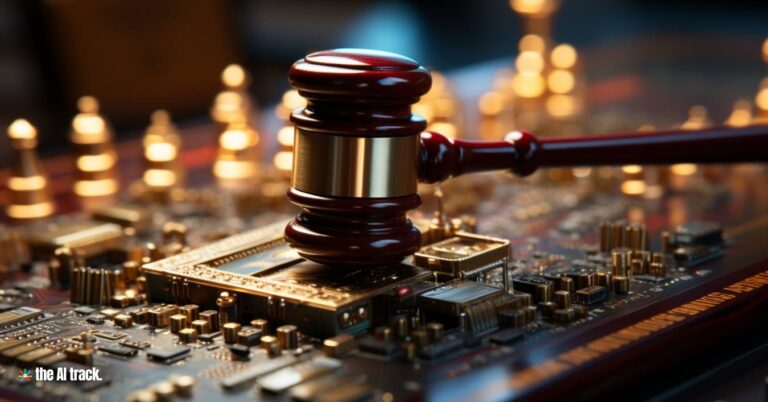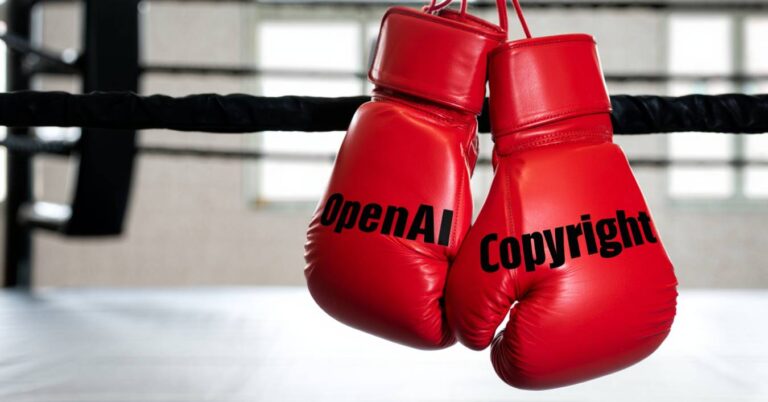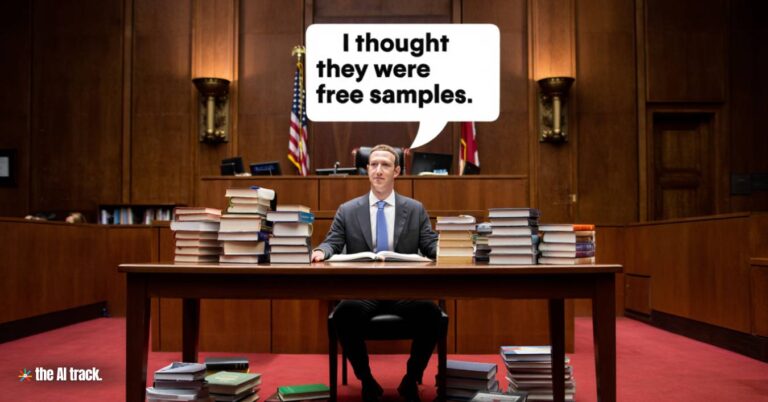Thomson Reuters secured a partial summary judgment in a landmark legal victory against Ross Intelligence, a now-defunct legal AI startup, with the court ruling that Ross infringed on Thomson Reuters’ copyrights by using content from its legal platform Westlaw to train a non-generative AI tool.
Initiated in 2020, this AI copyright case is one of the first to address the legality of using copyrighted data in AI training and arrives amid rising challenges from creators, artists, and media over unauthorized content use. Ross, which shut down in 2021 due to litigation costs and funding hurdles, dismissed the lawsuit as “spurious,” but Judge Stephanos Bibas of the 3rd US Circuit Court of Appeals ruled that “none of Ross’s possible defenses holds water.” Reuters’ representative Jeffrey McCoy stated, “We are pleased that the court granted summary judgment in our favor and concluded that Westlaw’s editorial content created and maintained by our attorney editors is protected by copyright and cannot be used without our consent.

Thomson Reuters Wins Major AI Copyright Case – Key Points
Legal Dispute Over AI Training Data:
Filed in 2020, this AI copyright case marks an early foray into the issues of AI training and copyrighted material. Thomson Reuters’ subsidiary Westlaw, a legal research platform, declined Ross’s licensing request over competition concerns. Ross then purchased 25,000 Bulk Memos from LegalEase, which contained questions and answers based on Westlaw’s proprietary headnotes—editorial summaries of legal principles. These memos were used to train Ross’s AI search engine by converting annotations into numerical data modeling legal language relationships.
Copyright Infringement of Headnotes:
The court found that 2,243 headnotes were infringed because the Bulk Memos replicated Westlaw’s language rather than relying on original judicial opinions. Judge Bibas emphasized that headnotes represent a creative synthesis—selecting and organizing key legal principles—thus meriting copyright protection, despite the public domain status of the underlying opinions. Ross’s CEO’s claim that the Westlaw data was merely “added noise” was rejected as the copying was deemed “obvious” and indisputable.
Fair Use Argument Rejected:
The court dismissed Ross’s fair use defense, noting its commercial intent to establish a direct competitor to Westlaw. Under US law, while the “fair use” doctrine allows for limited use of copyrighted materials for purposes like teaching or transformative work, it does not extend to market substitution. Unlike disputes involving generative AI (e.g., cases against OpenAI and Microsoft), this case centered on a non-generative AI tool, where Ross could have independently developed similar content without infringing.
Judge’s Analogy to Sculpture:
Judge Bibas compared the headnotes to a sculpture carved from marble: while the raw materials (judicial opinions) are uncopyrightable, the sculptor’s creative choices (the headnotes) are protected. This analogy clearly distinguishes public legal texts from proprietary editorial enhancements.
Defenses and Trial:
All of Ross’s defenses—including claims of innocent infringement and copyright misuse—were rejected. Although a jury will address remaining issues, such as damages, the summary judgment delivered an early legal victory for Thomson Reuters. Ross Intelligence’s inactivity following its 2021 shutdown further underscores the impact of the ruling.
Broader Implications:
Amid a surge in legal challenges, technology firms are increasingly accused of using vast collections of human-authored content without permission or compensation. Alongside the Ross’s AI copyright case, lawsuits from authors such as John Grisham, Jodi Picoult, and George R.R. Martin—as well as challenges from media outlets like The New York Times and the Chicago Tribune—highlight the tension between technological advancement and creator rights. While this ruling specifically addresses non-generative AI, its emphasis on protecting curated editorial content reinforces the broader legal risks inherent in current AI training practices, signaling robust judicial support for safeguarding creative and editorial investments in the digital age.
Why This Matters:
This decision sets a critical precedent for AI development and copyright law, particularly as similar lawsuits target major AI players like OpenAI and Microsoft. It demonstrates that commercial AI tools using copyrighted data for market substitution face significant legal risks, even when the output is non-generative. The ruling of this AI copyright case reinforces that AI firms must secure proper licenses or generate training data independently, balancing innovation with intellectual property rights.
Sources
- Thomson Reuters wins ‘fair use’ AI copyright ruling | Press Gazette
- Media company Thomson Reuters wins AI copyright case | Euronews
- Thomson Reuters wins AI copyright battle in US against Ross Intelligence | The Times of India
- Thomson Reuters wins an early court battle over AI, copyright, and fair use | The Verge
Explore AI ethics via Aristotle’s philosophy, focusing on human-centered design, enriched ethical values, and democracy’s role in AI development, as detailed in the “Lyceum Project” white paper.
Read a comprehensive monthly roundup of the latest AI news!




